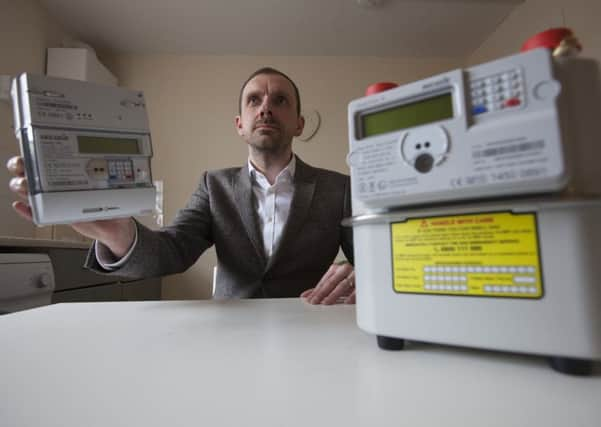Smart meter roll out needs '˜round the clock' work


Consumer group Which? said that even if installers worked 24 hours a day, 365 days a year, they would still struggle to meet the UK government’s goal of replacing around 50 million domestic electricity and gas meters with smart meters.
Fewer than nine million domestic smart meters have been fitted so far and the £11 billion project has been beset by problems – including delays to a vital IT system, issues over installations and some meters losing functionality when customers switch supplier.
Advertisement
Hide AdAdvertisement
Hide AdThe roll out aims to end consumers taking meter readings and getting estimated bills and provide real-time information about their energy use. The government estimates the roll out of domestic and non-domestic smart meters will produce economic benefits of £16.7bn, with domestic devices saving £47 on the average bill per year by 2030 through using less energy and suppliers passing on cost savings.
Alex Neill, Which? managing director of home products and services, said: “Smart meters have a critical role to play in making the energy market function fairly and more competitively, as well as giving customers a better switching experience and more control over their energy useand bills. All parties involved in the roll-out must resolve problems, including keeping the roll-out on track and costs under control.”
The 12 largest energy companies have accounted for most of domestic smart meter installations so far – but the Which? study found they would need to fit some 250,000 a week between them to meet the 2020 goal. Earlier this month, energy and clean growth minister Claire Perry told Parliament that smart meters were being installed at a rate of 400,000 a month.
British Gas has put in the most meters – 4.5 million – and has said it is installing a smart meter every 25 seconds. Other companies need to fit meters more frequently for the industry to meet the deadline.
While the energy companies publicly maintain that they will meet the target, the Which? report claimed it is unlikely given the current pace of installation.
Robert Cheesewright, director of policy and communications at Smart Energy GB, the organisation set up to promote the roll out of smart meters, said: “It’s crucial we modernise our energy system or we will be stuck in the past, crouching under the stairs with a torch to take meter readings and worrying about the shock of inaccurate, estimated bills.”